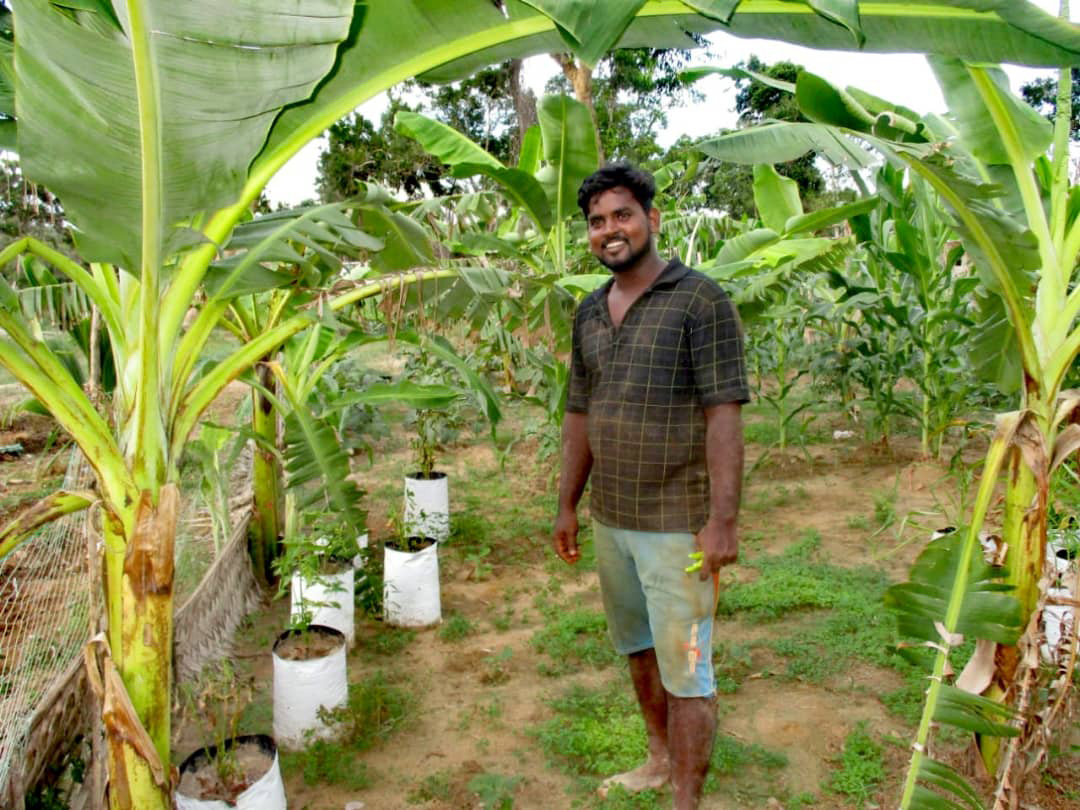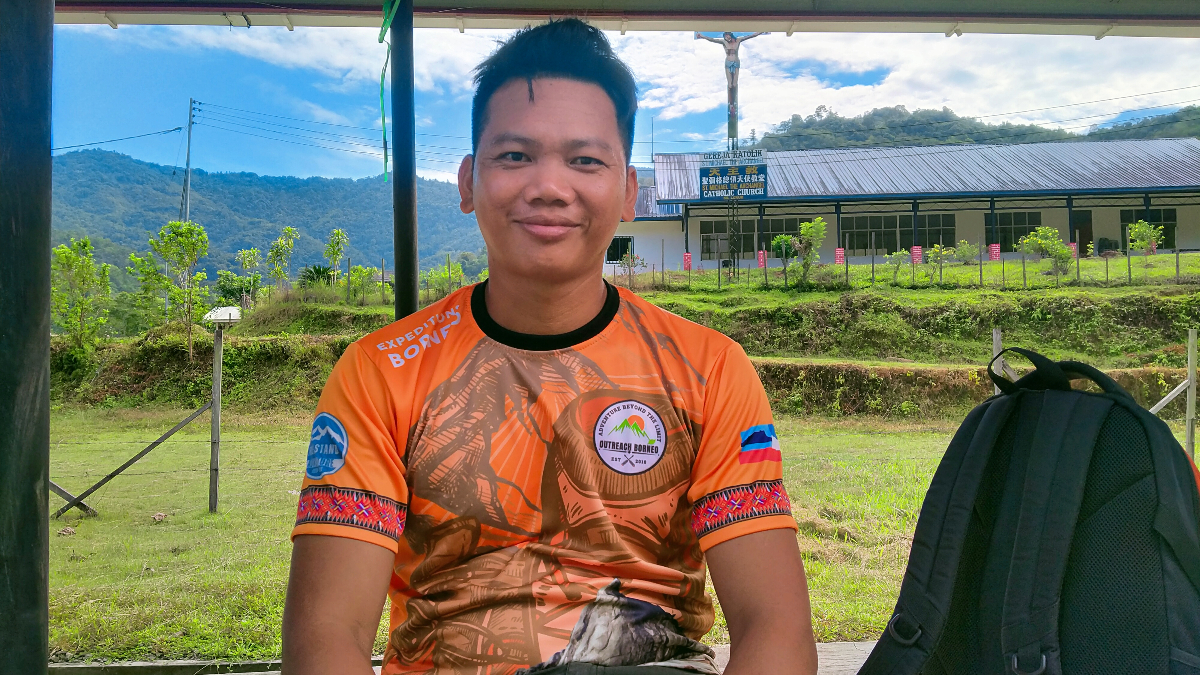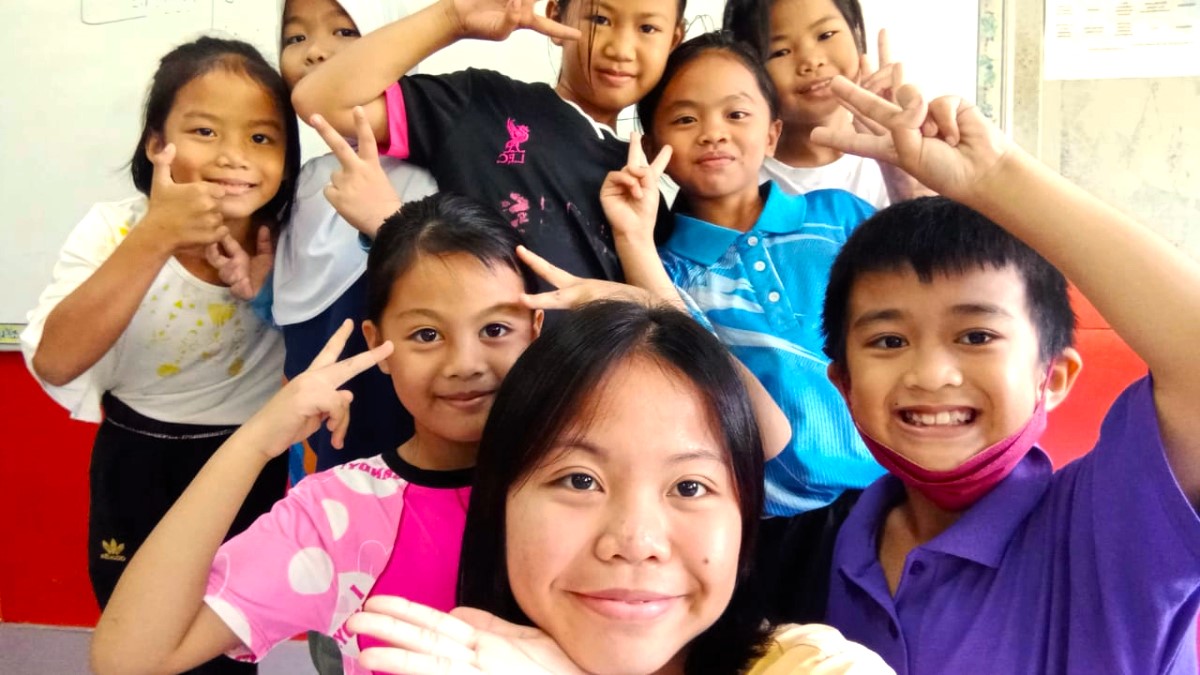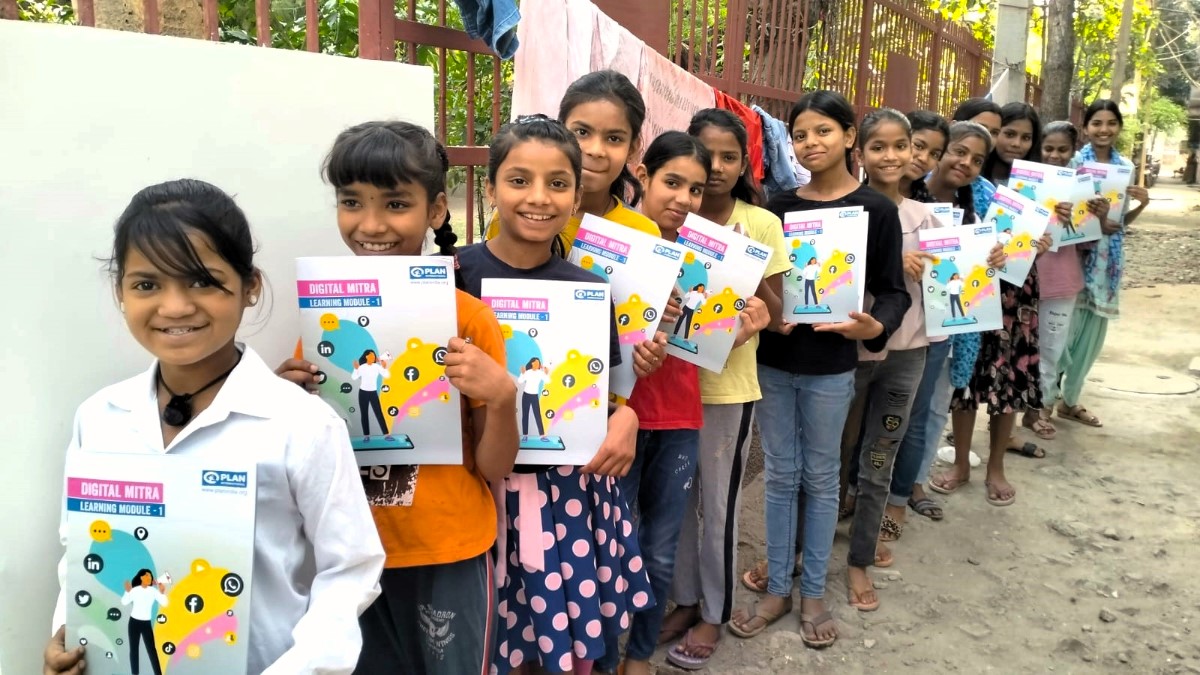“When I came back, I saw how the family was struggling financially. My father as the sole breadwinner. I realised that I cannot go back to school and I have to help my father to support our family,” he said.“Of course, I missed school and being the young, care-free student. But with the condition our family was in, I could not be selfish,” he added. Radeesh began working as a common labourer and painter in the village, helping his father and slowly took over the household responsibility. The job did not provide a stable income as he only got paid whenever there is work. The family was struggling but the silver lining for Radeesh was that he was reunited with his family. Three years later, he met Nandini, a girl from the same village. The duo fell in love and got married. In 2017, they were blessed with a baby girl, Ruchika. “Ruchika came at a time when we were still struggling financially. I really didn’t know if I should welcome her with happiness or to worry how we were going to manage,” he said. But her birth brought some hope in the hearts of Radeesh and Nandini as the Sri Lankan Government announced at the time that it will help to build houses for the displaced. “To qualify for the house, we needed to have a land first. So, I took a loan of LKR 500,000 (USD 2753) and for further expenses, I also took micro-loans from a finance company,” he said. Work to build the home soon started but Radeesh was having a tough time to pay for the loan and to support his family’s monthly expenses especially with a young child at home. At that time, LEADS a non-governmental organisation dedicated to helping displaced Sri Lankan families with basic needs, family development and education among others, started a compressed stabilized earth bricks (CSEB) yard, about two kilometres from where Radeesh lived. The bricks are manufactured according to the Sri Lankan Government’s standards and then sold at affordable prices directly to home owners. “When I found out about the yard, I approached LEADS and asked if there is any job opportunity for me. I was so happy when they offered me a job as a driver and labourer,” he said. The job now allows Radeesh to earn up to LKR 2,000 per day (USD 11) and about LKR 35,000 per month (USD 193). “I am able to repay my loan now and take better care of my parents, wife and daughter. I am thankful to LEADS for the opportunity to raise myself and my family,” he said. LEADS which focuses on sustainability in community interventions believes projects such as CSED directly benefits the local community and at the same time, incorporates values that address social issues. RYTHM Foundation funds LEADS projects such as the CSEB which is very much in demand since the Government committed to building 135,000 houses in northern and eastern provinces of Sri Lanka.

Radeesh, 24, squatted on the slightly damp soil, his fingers lovingly checking if the brinjals in his garden are ripe enough to be harvested. Satisfied, he plucked them, and kept it aside for dinner later.
“This garden, as small as is it, give me the peace and quiet that lacked all my life as a youth,” he began as he walked around the 0.75 acre land, cultivated with maize, brinjals, ladies fingers, banana trees and green chilies.
“I don’t believe in using fertilisers because I believe my land is fertile enough. It’s true, just look at the vegetables around you. Aren’t they looking healthy?” he asked, spreading his hands around his land with a small smile.
Radeesh’s life was never this peaceful before.
Radeesh and his family had to leave their home in 1995 due to the conflict between the Sri Lankan army and Liberation Tigers of Tamil Eelam. His parents Renuka and Anthony Premraj along with their four children had to flee their home and were later relocated to Thevipuram, Mullaitivu, in the northern part of Sri Lanka.
In Thevipuram, the family finally settled down after years of uncertainty and slowly adapted to their new life and the children began their schooling there. But their happiness was short-lived when Radeesh was sent to the Arunachalam camp for two years.
The family was told that the Sri Lankan army took him away to the camp for security reasons.
Radeesh only returned to his family in 2011.




